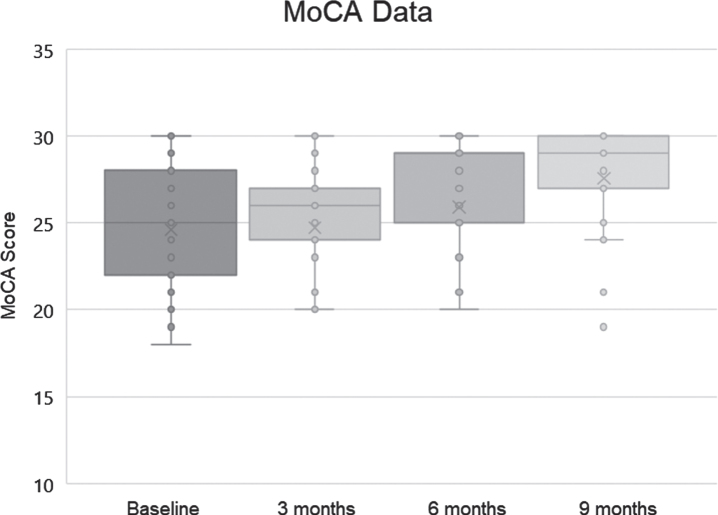Precision Medicine leaps forward
A randomised control trial published in the Journal of Alzheimers Disease (JAD) this year, 2022, in the UK looked at people with early stage dementia.
Twenty-five patients with dementia or mild cognitive impairment were evaluated for a number of underlying issues including things such as inflammation, infection or vascular disease. Each patients was treated with a personalised medical plan for their conditions for 9 months. They had an MRI of their brains and did a series of cognitive tests before the study started and then again at 3, 6, and 9 months.
WHAT HAPPENED ???
There was a statistically significant improvement in cognitive function. No serious adverse events were recorded and the MRI showed improvement in the structure of the patients’ brains.
A PubMed summary is here and the full research paper is here
This is another confidence boost that:
a) my Parkinsons doesn’t have to lead to Alzheimers
b) that others suffering with neurodegenerative diseases can access individualised medicine to reduce their risk of dementia
c) there are ways to help people with Alzheimers or other forms of dementia to improve their cognitive function

Why is this different?
Let me simplify what follows – detail at the bottom.
Dicky’s Summary
So far Alzheimers research has focussed on looking for a cure from traditional treatments – with a 100% failure rate. This new personalised approach treats each person as an individual with possibly multiple issues (eg. Parkinsons, cancer, etc etc) that combine to kick-start the decline into dementia. If we can work to alleviate the severity of each person’s original problems, then the progression of dementia can be reduced.
The Detail
“The approach in this trial departs sharply from traditional treatment strategies for Alzheimer’s disease, which have largely been monotherapeutic, monophasic, non-personalized, and blind, i.e., cause-independent, thus not targeted to the underlying drivers of the disease in each person, but rather to common downstream consequences and/or secondary drivers, such as amyloidosis.”
“The positive results from the proof-of-concept trial are compatible with the notion that Alzheimer’s disease represents a complex network insufficiency. Therefore, multi-factorial optimization of network function and support offers a rational therapeutic strategy. “
A word of caution – summary
The study only worked with people with mild onset dementia. Those who were worse affected seemed also to improve, but they were not part of the formal study
The detail on that:
There are limitations to the research including, “that it did not address patients with intermediate stage or advanced Alzheimer’s disease and therefore, although there are anecdotal reports of (more severely affected) patients showing improvement with a similar precision medicine approach, the current study offers no insight into the treatment of patients in that group.”
